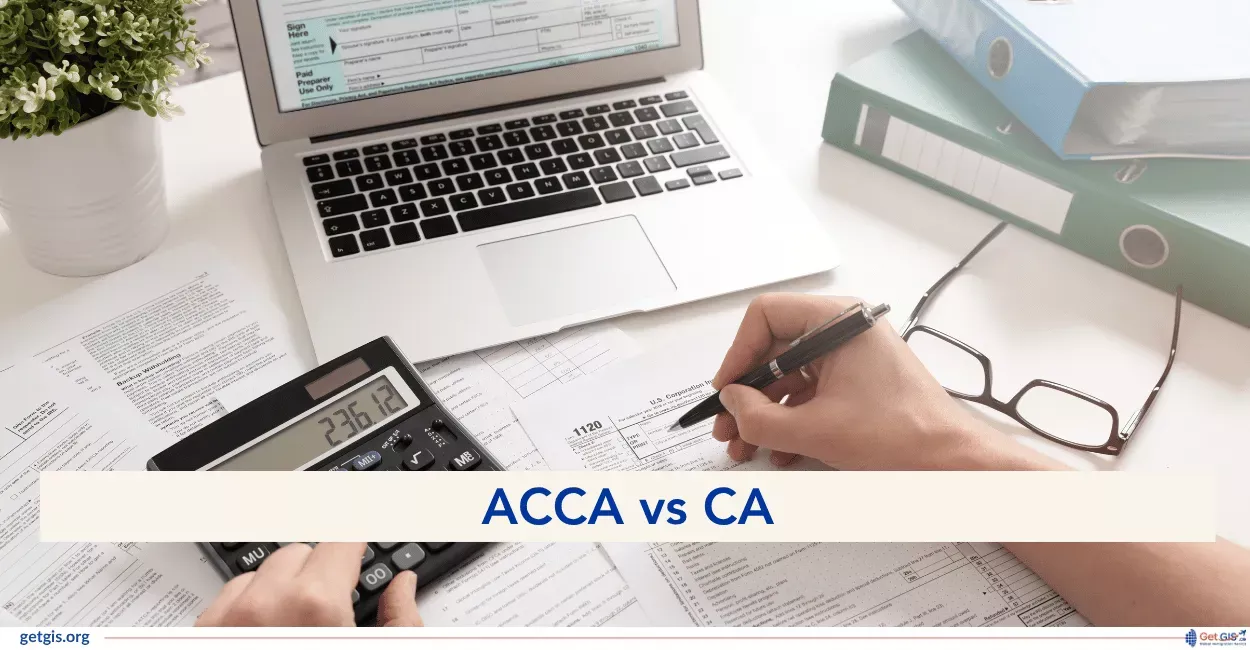The choice between CPA Eligibility and ACCA Eligibility often arrives as a crossroads where academic credentialing, jurisdictional licensing, and career geography intersect, and the right selection depends on whether a candidate prefers a US-regulated licensure trajectory or an internationally portable certification with more flexible entry routes, a distinction that manifests through differences in required credit hours, exam design, and supervised practical experience.
What is CPA and why the label matters
A concise definition helps orient the discussion; What is CPA is answered by recognizing the designation as a state-licensed credential issued to accountants who meet prescribed education, examination, and supervised experience thresholds, a license that confers authority to perform independent audits and to adopt professional responsibilities anchored in US standards, a role shaped by state boards and by the Uniform CPA Examination whose structure combines three core sections with a selectable discipline section for advanced focus.
Academic thresholds: how CPA Eligibility contrasts with ACCA Eligibility
Academic prerequisites separate the two tracks in a manner that is both procedural and strategic, since most US jurisdictions insist upon a total of roughly 150 semester hours of postsecondary credit as a baseline for licensure consideration, a requirement that can equate to a bachelor plus additional credits or graduate coursework and that often includes specified upper-level accounting and business coursework, whereas the ACCA route permits earlier access through postsecondary school qualifications and offers exemptions to graduates who already hold relevant degrees, thereby creating a markedly lower barrier for entry-level candidates who wish to begin professional studies immediately after higher secondary education.
Exam architecture and testing orientation
The Uniform CPA Examination emphasizes mastery of US technical frameworks across Auditing and Attestation, Financial Accounting and Reporting, and Regulation while allowing candidates to elect a discipline section that aligns with specializations, a configuration that demands concentrated academic preparation prior to sitting and reflects how CPA Eligibility is judged not only by hours accumulated but by subject coverage; ACCA’s modular design scaffolds knowledge from foundational to professional levels with discrete papers and future reform trajectories that add new mandatory modules intended to couple technical knowledge with employability outcomes, an approach that enables staggered progress and targeted exemptions for qualified entrants.
Practical experience: supervised work and signoff mechanics
Regulatory signoff for licensure diverges strongly between the two systems, since most US states require documented supervised experience under a licensed CPA as part of meeting CPA Eligibility for licensure, a component that embeds professional practice within the licensing calculus and that in some states can substitute for or complement additional credit hours, while ACCA mandates a minimum of thirty-six months of relevant performance-based experience that must be logged and signed off against defined performance objectives, a method that blends education and workplace demonstration into membership qualification.
Access routes, exemptions, and preparatory artifacts
Students often query how quickly they can convert study into exam attempts and pass rates into credentials, and here the notion of preparatory bundles of practice tests becomes pertinent because exam vendors and the ACCA learning ecosystem commonly sell grouped practice resources that candidates may purchase to rehearse specific papers; using a good pack can sharpen application of syllabus techniques across repeated attempts and reduce uncertainty when exemptions shorten the paper count, a pragmatic detail that matters for planning time and expenditure.
Geographic mobility, employer valuation, and comparative utility
When the calculus includes global mobility, the CPA and ACCA Course Full Form distinction matters; CPA denotes a US-state regulated pathway shaped by US GAAP and federal tax frameworks which tends to confer particular value for roles that interface with US reporting and audit regimes, while ACCA reflects a UK-rooted professional qualification that carries broad recognition across Europe, Asia, Africa, and the Middle East and that recruits students from a variety of academic backgrounds through flexible entry streams and exemptions; the career payoff therefore ties both to where one intends to practice and to what sort of regulatory or advisory responsibilities a candidate seeks to execute.
Recent shifts in regulation that affect entry calculus
Policy tension and slow reform have surfaced around the 150-hour paradigm, with some jurisdictions experimenting with alternative paths that substitute supervised experience for additional credits, a development that directly impacts the arithmetic behind CPA Eligibility and that has led major accounting stakeholders to propose model legislation and alternative licensure frameworks, an evolution that candidates should track because it alters the relative costliness of the CPA path compared to alternatives that permit earlier entry into professional practice.
Which profile aligns with which credential
A practical summary for a candidate who prefers earlier professional exposure and wider international portability would recommend the ACCA route where ACCA Eligibility allows registration soon after higher secondary certification or at graduation with possible exemptions for accounting degrees; a candidate whose career map runs through US audit, tax practice, or regulatory work would follow CPA Eligibility routes, acknowledging the heavier academic precondition and the need to coordinate state board rules with exam scheduling and supervised experience acquisition.
Final thought
The comparison above treats What is CPA and ACCA as alternative architectures for professional accounting identity rather than as competitors within a single pipeline, and therefore the right decision rests upon career geography, appetite for academic credit accumulation, and preferences for staged versus frontloaded professional validation; for students in India or similar markets who want guided pathways to meet CPA Eligibility or ACCA Eligibility criteria and who prefer structured coaching aligned with exemptions mapping, training partners such as Zell Education can assemble academic bridging, exam preparation, and practical experience guidance consistent with local and international requirements.



































